Chechen War Overview

Introduction to the Chechen War

The Chechen War was a conflict between Russia and the Chechen Republic of Ichkeria, with the first war taking place from 1994 to 1996 and the second war from 1999 to 2009. The conflict was marked by guerrilla warfare, terrorist attacks, and human rights abuses. The war was sparked by Chechnya’s declaration of independence from Russia in 1991, which was not recognized by the Russian government. The conflict had significant political, economic, and social implications for the region and the world.
Causes of the Chechen War

The causes of the Chechen War were complex and multifaceted. Some of the key factors that contributed to the conflict include: * Chechnya’s desire for independence: Chechnya had a long history of resistance to Russian rule, and many Chechens wanted to establish an independent state. * Economic interests: Chechnya had significant oil reserves, which made it an important region for Russia’s energy interests. * Ethnic and religious differences: Chechens are predominantly Muslim, while Russians are predominantly Orthodox Christian, which contributed to tensions between the two groups. * Historical grievances: Chechens had suffered significant human rights abuses and repression under Russian rule, including forced deportations and massacres.
First Chechen War (1994-1996)

The first Chechen War began in December 1994, when Russian troops entered Chechnya to quell the separatist movement. The war was marked by intense fighting, civilian casualties, and human rights abuses. The Russian military used heavy artillery and airpower to bomb Chechen cities, including the capital Grozny. The Chechen rebels, led by Dzhokhar Dudayev, used guerrilla tactics to attack Russian troops and terrorist attacks to target civilians. The war ended in August 1996, with the signing of the Khasav-Yurt Accord, which granted Chechnya de facto independence.
Interwar Period (1996-1999)
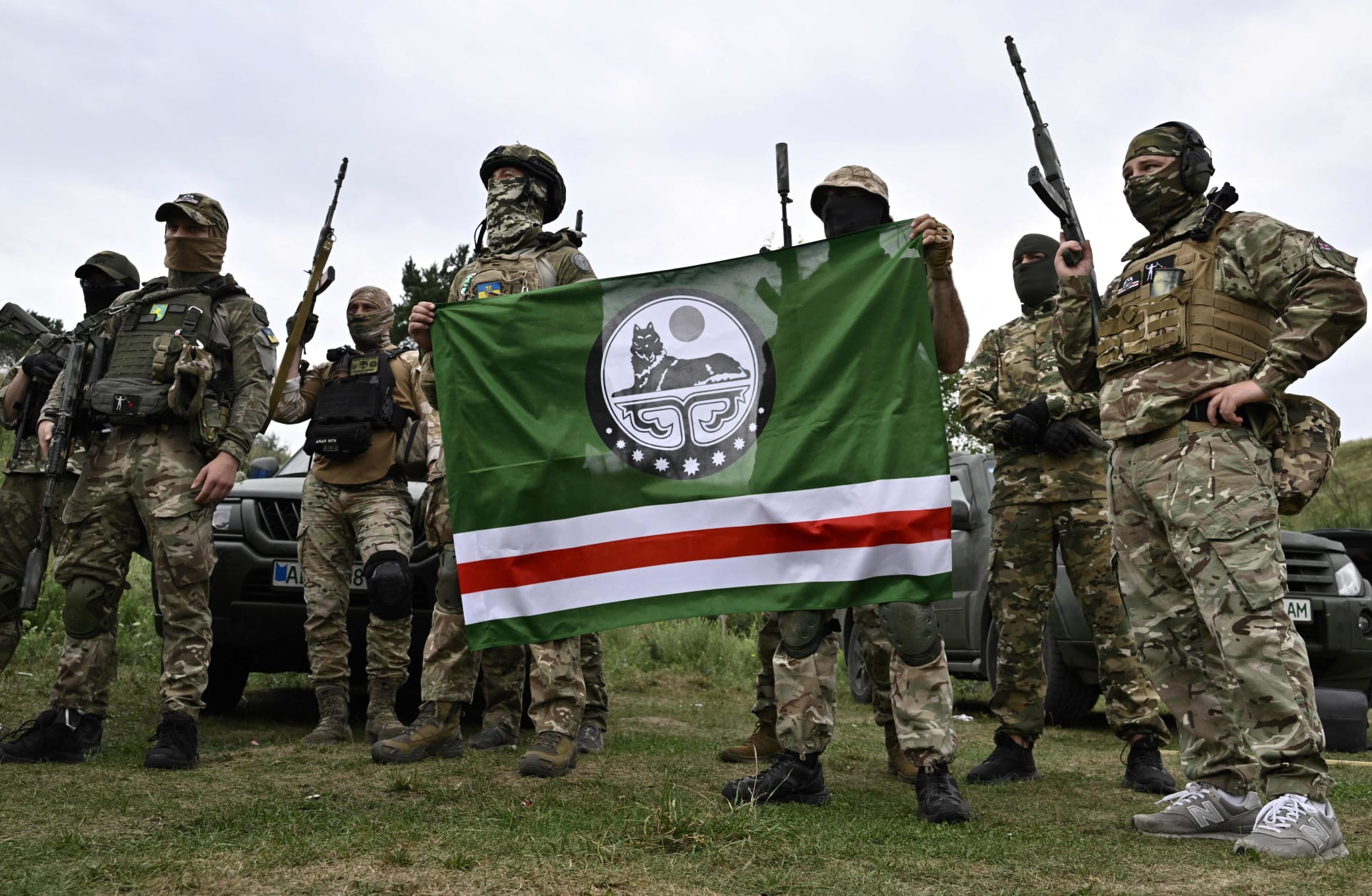
The interwar period was marked by political instability and economic chaos in Chechnya. The Chechen government, led by Aslan Maskhadov, struggled to establish a functioning state and economy. The region was also plagued by crime and corruption, which contributed to a humanitarian crisis. In 1999, a group of Islamist militants, led by Shamil Basayev, launched a raid on the neighboring region of Dagestan, which sparked a new conflict with Russia.
Second Chechen War (1999-2009)

The second Chechen War began in September 1999, when Russian troops re-entered Chechnya to quell the separatist movement. The war was marked by intense fighting, civilian casualties, and human rights abuses. The Russian military used heavy artillery and airpower to bomb Chechen cities, including Grozny. The Chechen rebels, led by Aslan Maskhadov and Shamil Basayev, used guerrilla tactics to attack Russian troops and terrorist attacks to target civilians. The war ended in 2009, with the defeat of the separatist movement and the establishment of a pro-Russian government in Chechnya.
Consequences of the Chechen War

The Chechen War had significant consequences for the region and the world. Some of the key consequences include: * Humanitarian crisis: The war resulted in a significant humanitarian crisis, with thousands of civilians killed or displaced. * Economic devastation: The war devastated Chechnya’s economy, with significant damage to infrastructure and industry. * Political instability: The war contributed to political instability in the region, with ongoing tensions between Chechnya and Russia. * Terrorist threat: The war also contributed to a terrorist threat, with Chechen militants launching attacks on Russian targets.
🔍 Note: The Chechen War was a complex and multifaceted conflict, with significant humanitarian, economic, and political consequences.
Key Players in the Chechen War
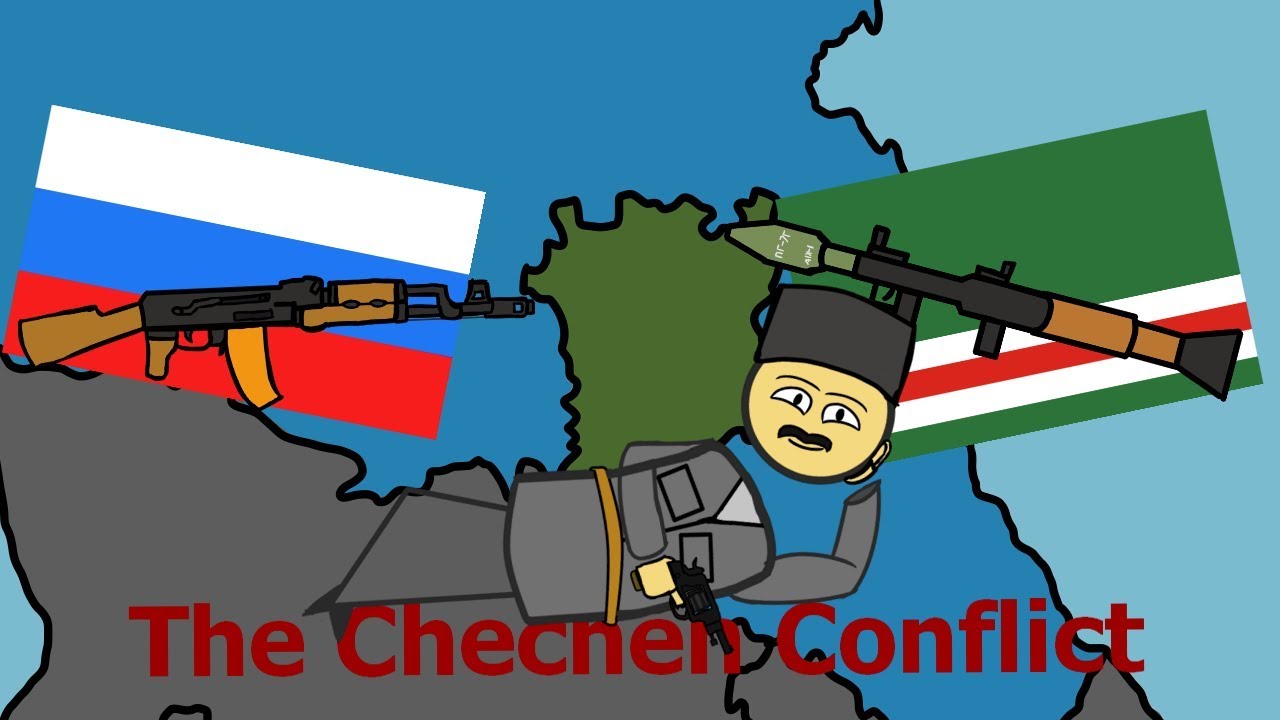
Some of the key players in the Chechen War include: * Dzhokhar Dudayev: The first president of the Chechen Republic of Ichkeria, who led the separatist movement during the first Chechen War. * Aslan Maskhadov: The second president of the Chechen Republic of Ichkeria, who led the separatist movement during the second Chechen War. * Shamil Basayev: A Chechen militant leader who played a key role in the second Chechen War and launched several terrorist attacks on Russian targets. * Vladimir Putin: The president of Russia during the second Chechen War, who oversaw the Russian military campaign in Chechnya.
International Response to the Chechen War
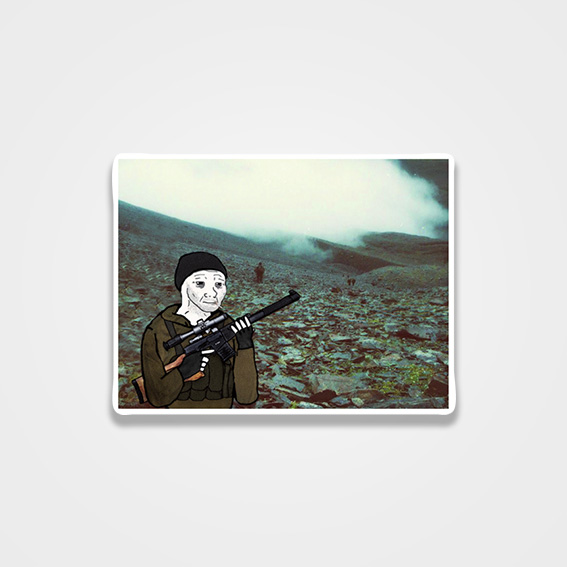
The international community responded to the Chechen War with condemnation and criticism of Russia’s actions. The United Nations, European Union, and Human Rights Watch all criticized Russia’s human rights record in Chechnya and called for a peaceful resolution to the conflict. The United States also criticized Russia’s actions, but did not impose significant sanctions.
Legacy of the Chechen War

The legacy of the Chechen War is complex and multifaceted. Some of the key legacies include: * Human rights abuses: The war resulted in significant human rights abuses, including torture, forced disappearances, and extrajudicial killings. * Political instability: The war contributed to ongoing political instability in the region, with tensions between Chechnya and Russia remaining high. * Terrorist threat: The war also contributed to a terrorist threat, with Chechen militants launching attacks on Russian targets.
In summary, the Chechen War was a complex and multifaceted conflict that had significant humanitarian, economic, and political consequences. The war was marked by intense fighting, civilian casualties, and human rights abuses, and had a lasting impact on the region and the world.
What were the main causes of the Chechen War?
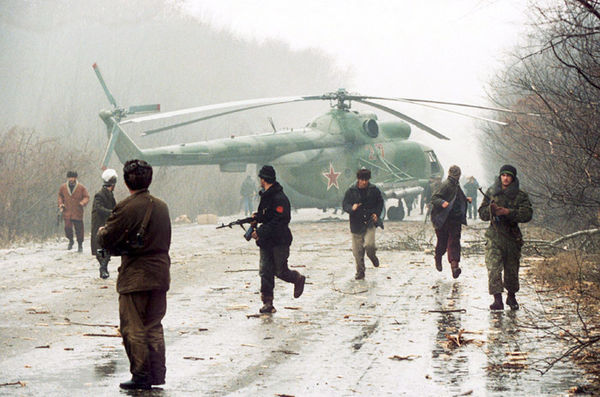
+
The main causes of the Chechen War were Chechnya’s desire for independence, economic interests, ethnic and religious differences, and historical grievances.
Who were the key players in the Chechen War?
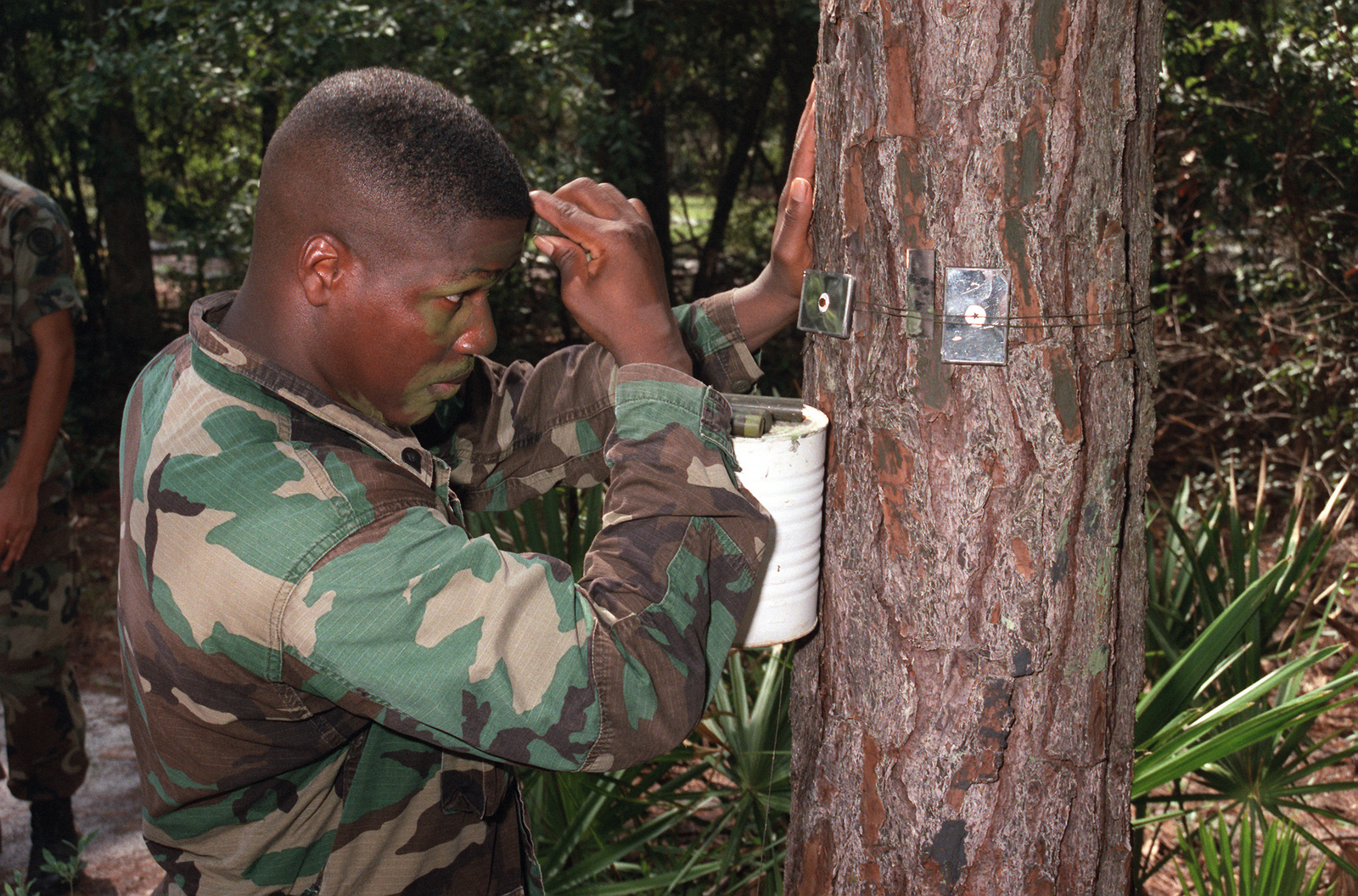
+
The key players in the Chechen War included Dzhokhar Dudayev, Aslan Maskhadov, Shamil Basayev, and Vladimir Putin.
What were the consequences of the Chechen War?
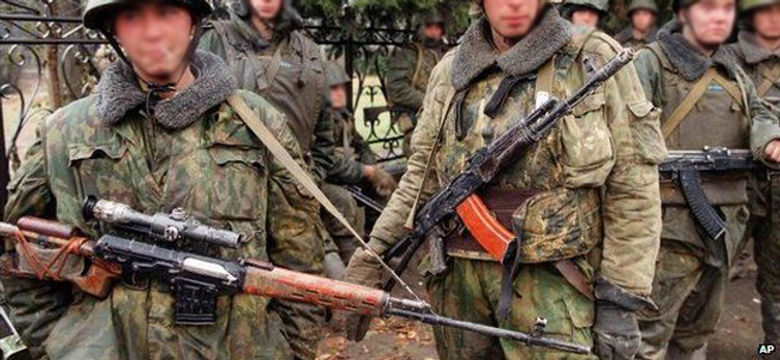
+
The consequences of the Chechen War included a humanitarian crisis, economic devastation, political instability, and a terrorist threat.



